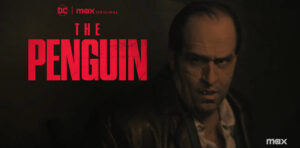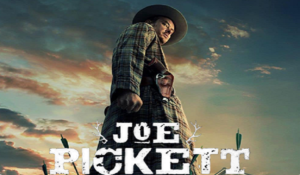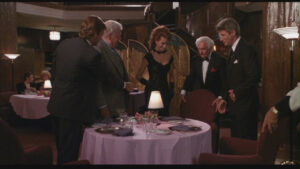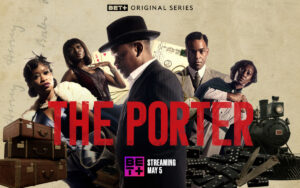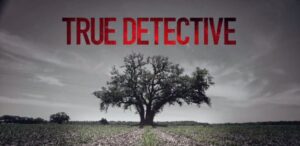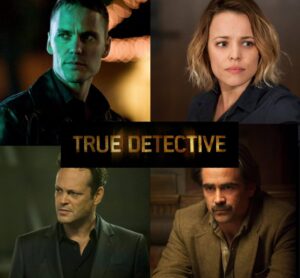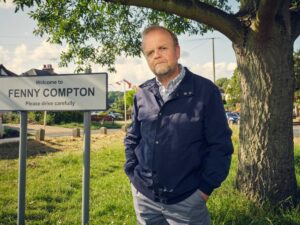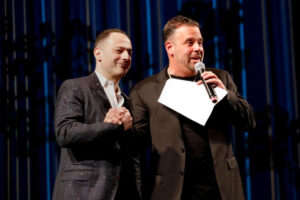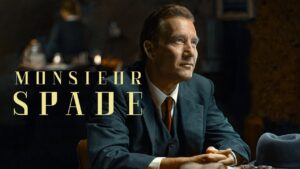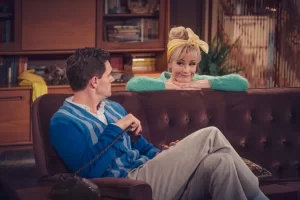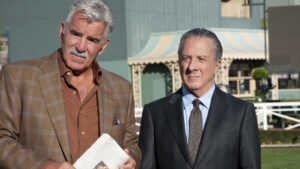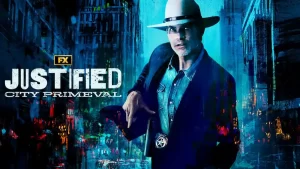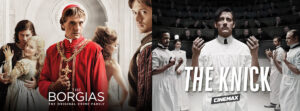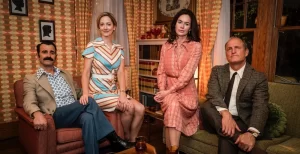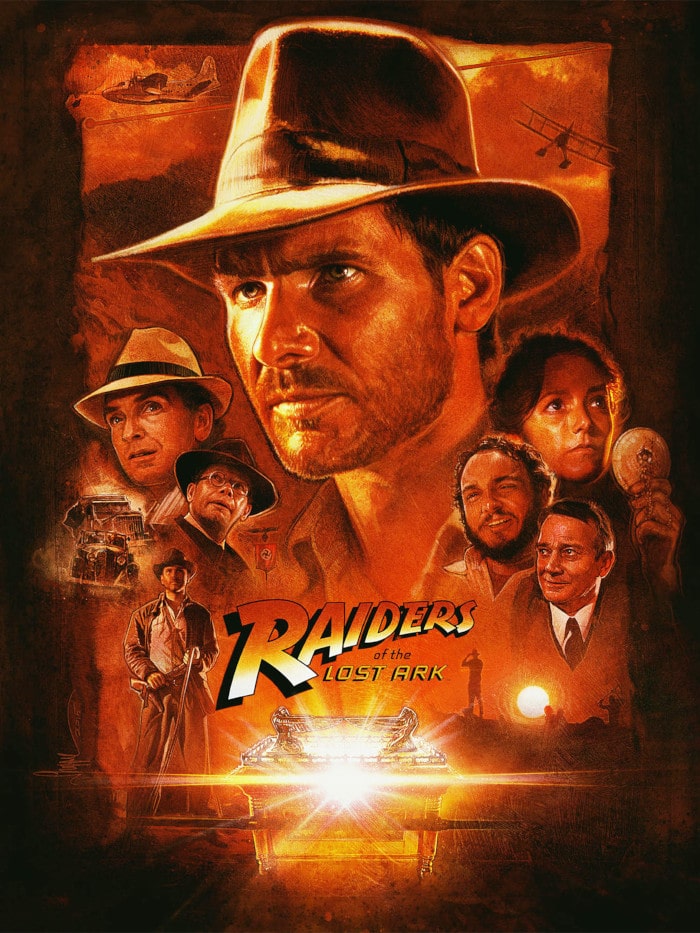I just finished watching True Detective: Night Country and I earlier watched True Detective Season One. I think they often have a similar structure and yet where one succeeds almost universally the other largely fails.
The reason I want to go into a deep examination is the superficial reasons for the reception of the two shows, basically the gender of the two leads. This has nothing to do with why one is largely great while the other is more pedestrian.
Or, to speak more plainly, True Detective isn’t better than Night Country simply because two men are the leads in the first and two women in the later. Let’s get to it.
Haunted Leads in True Detective
One of the most striking similarities in the structure of the two seasons is the haunted nature of the leads. Cohle and Danvers, played by Matthew McConaughey and Jodie Foster, both lost children earlier in their lives and are traumatized by this loss.
True Detective shows us this when Cohle arrives for dinner at Marty’s house staggering drunk. Over the course of the dinner Marty’s wife begins to ask Cohle some personal questions in which he reveals the death of his daughter. Marty’s wife, played by Michelle Monaghan, responds with kindness and understanding. Cohle begins to shed some of his trauma at this dinner.
Meanwhile, we are sort of vaguely told Danvers lost a son through some flashbacks of her playing with the boy and a stuffed polar bear missing an eye.
I felt for Cohle, genuinely. The scene where he arrived drunk was inexplicable until we understood, we felt his existential dread at meeting a happy family. I connected with Cohle on a level I never did with Danvers. Danvers was just angry but I never really understood her pain, it wasn’t demonstrated to me.
The Flawed Hero Trying to do Good
Marty, played by Woody Harrelson, is an extremely flawed man as is Navarro, played by Kali Reis. Marty has a weakness for crazy women while Navarro has anger management problems. The difference is Marty is completely self-aware of his flaws. He knows he messes up and wants to be better, he just can’t get there. Navarro seems to have none of this self-awareness. She is angry and proud of it.
A vitally important scene occurs when Marty and Kohle visit a house of ill-repute and Marty spots an underage girl working there. He tries to save her. Later he protects his daughter in his own, inimitable way. We see that fundamentally; Marty wants to be a good person. He is trying.
We never get that from Navarro. She seems perfectly content in her self-destructive life. Her love for her sister is substituted for Marty’s attempts to be a good person. It just didn’t resonate with me.
Despite his serious and obvious flaws, I like Marty. I’m rooting for him. I can’t say the same for Navarro. I don’t like her much and I don’t really care what happens to her.
The Criminal Investigation
Marty and Cohle investigate the gruesome murder of a young, female prostitute. Danvers and Navarro investigate the mysterious death of a group of scientists.
In True Detective we see the investigation. We see Marty and Cohle working the scenes, interviewing witnesses, detecting. Big chunks of the show are dedicated to watching the two professional work their magic. We also see their partnership in which their strengths are combined to make them greater than the sum of their parts. They are good detectives and respect each other immensely, that’s shown through a series of scenes in which they are being interviewed by other detectives about another crime years later.
Danvers and Nararro don’t do a lot of investigating. Most of the useful information about the case comes from Prior, Danver’s young officer, and others associated with the two. They don’t like or respect each other. They are filled with rage and bitterness. There is nothing to like about their relationship.
I believed Marty and Cohle as detectives but I didn’t have that feeling about Danvers and Navarro. I imagined a long history of law enforcement work with Marty and Cohle and believed it absolutely. For the life of me I can’t figure out how Danvers and Navarro advanced in their professions. They just are not believable.
The Supernatural Angle
Both shows have a supernatural feeling to them. There is Carcosa and the Night Country. In True Detective the supernatural theme is lurking in the background but the nature of the crime is clearly human. The opposite is true in Night Country. The supernatural angle is played up from the very first scene when a herd of Caribou stampede off a cliff for no apparent reason.
The supernatural element came along organically and sparsely in True Detective and neither of the leads really paid it much attention to it other than Cohle’s philosophical rambling. It played a front and center role in Night Country. A huge number of scenes showed people having supernatural experiences with the dead.
I felt Night Country just wasted a good chunk of time showing us scenes of the supernatural rather than storytelling, detecting. Every time something supernatural happened, I’d roll my eyes and lose interest. A lot of it seemed to be played for the shock value rather than furthering the story.
A Moment for What the Two Shows didn’t Have in Common
Humor. I can’t tell you how many times I laughed out loud at the antics of Cohle and Marty. Their interactions, their dialog, was often hilarious. Night Country? I don’t recall laughing once. It was grim and unrelenting.
Likeable characters. I liked Marty. I liked Cohle, I liked many of the bit players. I can’t think of a single character in Night Country I truly liked. Young Prior probably comes closest.
Conclusion
True Detective Season One worked on almost every level and I consider it some of the finest entertainment available. True Detective: Night Country largely failed. It’s not a terrible show. The acting, cinematography, sets, and music are terrific. It just failed to make me care, to tell a cohesive narrative, to immerse me.
Tom Liberman

